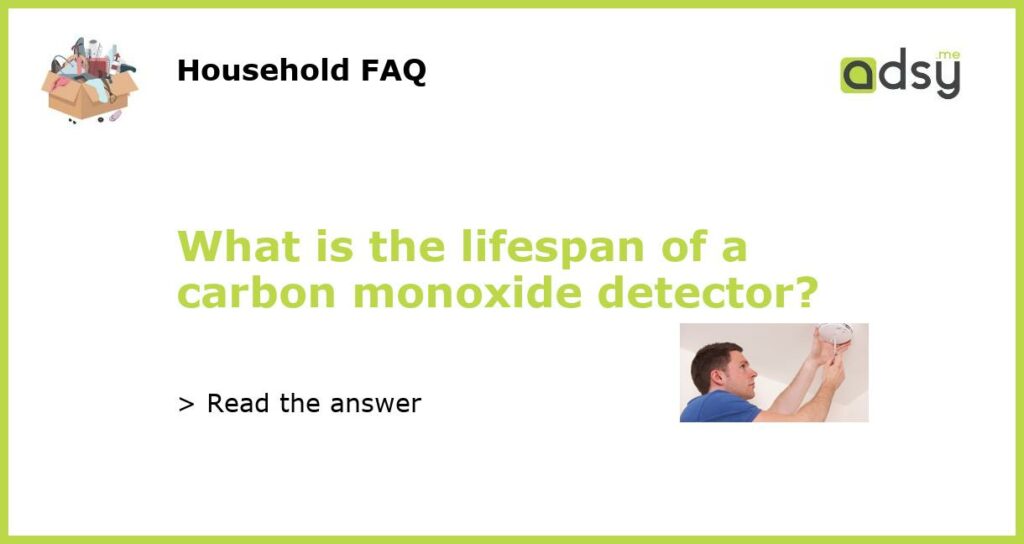How long do carbon monoxide detectors last?
Carbon monoxide detectors are an important tool for keeping your home safe from this odorless, colorless, and highly dangerous gas. But like any electronic device, carbon monoxide detectors have a lifespan. In this article, we will discuss the lifespan of a carbon monoxide detector and when it’s time to replace it.
Understanding the lifespan of a carbon monoxide detector
Carbon monoxide detectors typically have a lifespan of 5-7 years. This is due to the fact that the sensors inside the detector can lose their effectiveness over time. These sensors are responsible for detecting carbon monoxide gas in the air and alerting you to its presence. As they age, their ability to accurately detect carbon monoxide diminishes.
Factors that can affect the lifespan
While 5-7 years is the general lifespan of a carbon monoxide detector, several factors can affect its longevity. One of the most significant factors is the quality of the detector itself. Higher-quality detectors tend to last longer and provide more accurate readings. Cheaper or older models may need to be replaced sooner.
Another factor to consider is the environment in which the carbon monoxide detector is installed. Detectors placed in areas with high heat or humidity levels may have a shorter lifespan due to the increased wear and tear on the device. It’s important to place your carbon monoxide detector in a suitable location, following the manufacturer’s guidelines, to ensure its longevity.
Regular maintenance and testing can also play a role in extending the lifespan of your carbon monoxide detector. It’s crucial to test your detector regularly and replace the batteries according to the manufacturer’s recommendations. Keeping the device clean and free from dust or debris can also help it function properly and last longer.
Signs that it’s time to replace your carbon monoxide detector
While carbon monoxide detectors have a general lifespan, there are some signs that indicate it’s time to replace your device even if it has not reached the end of its expected life:
- If the carbon monoxide detector is older than 7 years: Even if it seems to be functioning correctly, it may not be providing accurate readings. It’s best to replace it with a new detector.
- If the alarm for carbon monoxide goes off frequently without any apparent reason: This could indicate that the sensor is malfunctioning and needs to be replaced.
- If the detector does not sound an alarm during a carbon monoxide leak: This is a clear sign that the device is no longer reliable and should be replaced immediately.
Carbon monoxide detectors are crucial for ensuring the safety of your home and family. While they have a lifespan of 5-7 years, several factors can influence how long they last. Regular maintenance and testing can help extend their longevity. If you notice any signs of malfunction or your device is over 7 years old, it’s important to replace it with a new detector to ensure accurate readings and reliable protection against carbon monoxide poisoning.

